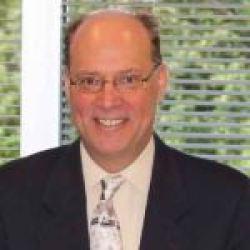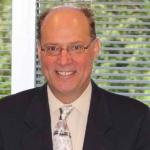
When I worked for another think tank 40 years ago (dang, I am old), the president used to say books with new ideas are great, but people (by that, he meant journalists and policymakers) don’t have time to read books. So, those potential new policies aren’t discussed. His solution was to take the ideas in these books and boil them down to something that could pass the briefcase test – a six or seven-page article that can be read in the time it takes to travel from National Airport (now Reagan National) to Capitol Hill.
“I apologize for writing such a long letter, but I didn’t have time to write a short one.”
– Mark Twain
ACSH has used that model effectively. Yes, we published many in-depth studies on sweeteners, cigarettes, and obesity, to name a few, but the bulk of our work are articles of just 500 to 750 words, short and very readable. Science is complex, but scientists have years to produce their results. Those who write about that science and its complexity usually have just days.
As to our thoroughness, let me cite three recent articles on a new treatment for Sickle Cell Disease (SCD). We first wrote about a potential new gene therapy to cure the disease in 2017 and have continued to follow the progress. The FDA recently approved two treatments: one using CRISPR/Cas9 to produce fetal hemoglobin, which is a better carrier of oxygen than the hemoglobin created by the sickle cells, and the other, Lyfgenia, which adds a gene enabling production of normal hemoglobin.
- Dr. Chuck Dinerstein wrote an article about the CRISPR/Cas9 therapy and its side effects and reviewed a study of how patients and parents with children with SCD view these new therapies. Most participants weren’t concerned about the side effects, which included the potential for infertility and even death.
- Dr. Henry Miller wrote an article about the CRISPR/Cas9 SCD therapy and focused on the FDA’s concerns, not with the efficacy or the known side effects, but the small possibility of the therapy causing other cell mutations.
- Dr. Josh Bloom followed with an article a few days later, providing a “chemistry lesson” on the genetic changes that result in SCD. Despite the complexity of the biochemistry, the lesson is very readable, helping readers understand more about this dreadful disease.
Why would ACSH produce three articles about a single treatment for what many consider an orphan disease? Simply to reach more people like journalists, policymakers, and even parents. Our short, readable, “briefcase tested” articles help us reach people who have never read about this incredible new therapy, let alone appreciate the human cost of the disease and how the treatment works.
And our approach to science works. In the first 11 months of 2023, ACSH’s work touched a potential audience of over 4 billion readers, including print, digital and social media. We also reached another 3 million listeners to broadcast media and podcasts, including our own. These are huge numbers for any organization, particularly of our size.
As the year comes to a close and you think about where you can give a charitable gift that will have an impact, consider ACSH. We are tax-deductible, and you can give
- online by credit card here
- by PayPal here
- If you prefer to write a check, send it to ACSH at P.O. Box 1791, New York, NY 10156.
And, if you give now, our Board of Trustees has agreed to match your gift dollar for dollar, up to
$100,000. So a $50 gift is $100 to us, and a $100 gift is $200.
Thank you, and best wishes for the new year.



